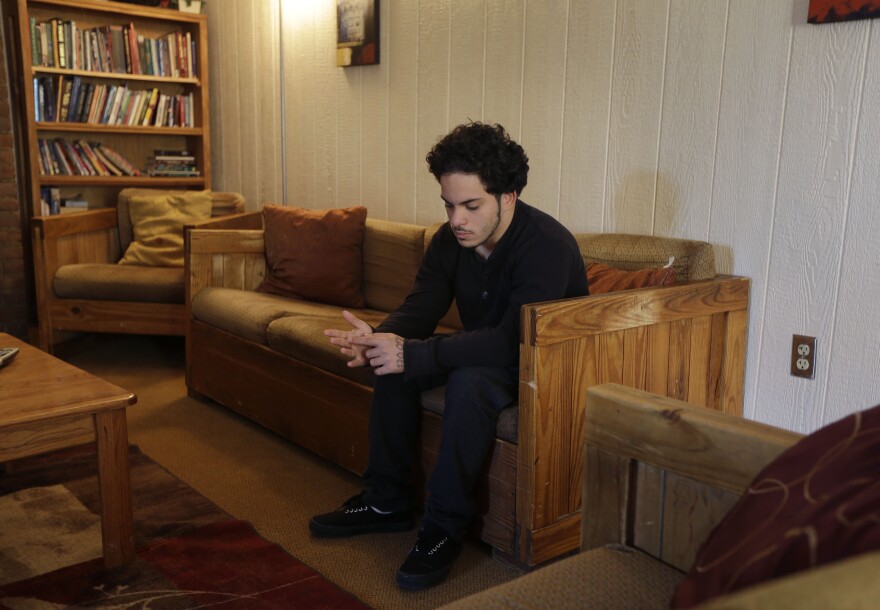State child welfare workers have outlined plans to implement new training and data management practices, hoping to finally push Washington's foster care system into full compliance with a decade-old legal agreement.
But state officials also say they'll realistically need nearly $7.8 million more from lawmakers' next two-year budget to hire back the staff they need to meet all 21 benchmarks for improving foster care laid out in the 2004 settlement of the Braam v. Washington case.
"If we get the additional money, we're golden; we'll definitely have no trouble meeting [the Braam benchmarks]. If we don't get the money, in addition to the other stresses on the system... it's much more of a question," said Jennifer Strus, assistant secretary for the Children's Administration in the state's Department of Social and Health Services.
By most measures, the state is close to complying with the settlement. But a judge refused to dismiss the Braam case earlier this month, ruling changes that meet the spirit of the settlement agreement don't amount to fulfilling its terms.
"What's at stake are whether children are getting the kind of care they're supposed to receive and whether they're going to grow up in a system and be raised by a system that's meeting their needs, or failing them," said Mary Van Cleve, an attorney for Columbia Legal Services, which represents the plaintiffs in the Braam case.
Braam Benchmarks: The Original Dispute And Where It Stands
In 2004, 13 foster children went to court, alleging Washington state habitually shuffled kids through multiple foster care placements — one child reported "no less than 45 placements" while in the system — and left children in the care of untrained caregivers.
As part of the settlement in that case, DSHS officials agreed to reduce social workers' caseloads, require caseworkers to perform monthly health and safety visits with foster kids and ensure fewer students run away from placements.
The settlement agreement ultimately outlined 21 performance objectives the state had to meet. As of September, the state was meeting 13 of the benchmarks, and very close to meeting four more. But a Whatcom County judge denied DSHS's requests to say the state was in "substantial compliance" with the settlement, saying the court will continue to be enforced.
'The State Has An Obligation'
Last Thursday, the state submitted a plan outlining how it would achieve full compliance in the eight areas of the settlement where it's falling short. The plan says the state will offer new and better training for caseworkers and caregivers, set up email notifications to alert caseworkers to children who haven't received their monthly health and safety visit and begin producing monthly performance reports.
But for Strus, the key piece for improving compliance is the request to the legislature to hire an additional 60 staffers. She says budget cuts have prompted the state's foster care system to shed the equivalent of more than 300 jobs in recent years, leaving remaining staff scrambling.
“You end up having to decide what’s most important, because you can’t do it all, because you’re not funded to do it all. So we put our efforts toward safety of children,” Strus said. "It is a system where everybody has expectations about what it is supposed to do, and everybody has criticisms about why we can't do it."
Van Cleve said she is glad to see DSHS requesting additional funding for foster care needs.
"That's something that could've been done in the past, but we're glad they're doing it now," said Van Cleve. "These are court-ordered reforms and the state has the obligation to implement these reforms."
The plaintiffs in the Braam case now have until mid-December to offer comments on or request a review hearing for the state's compliance plan.







